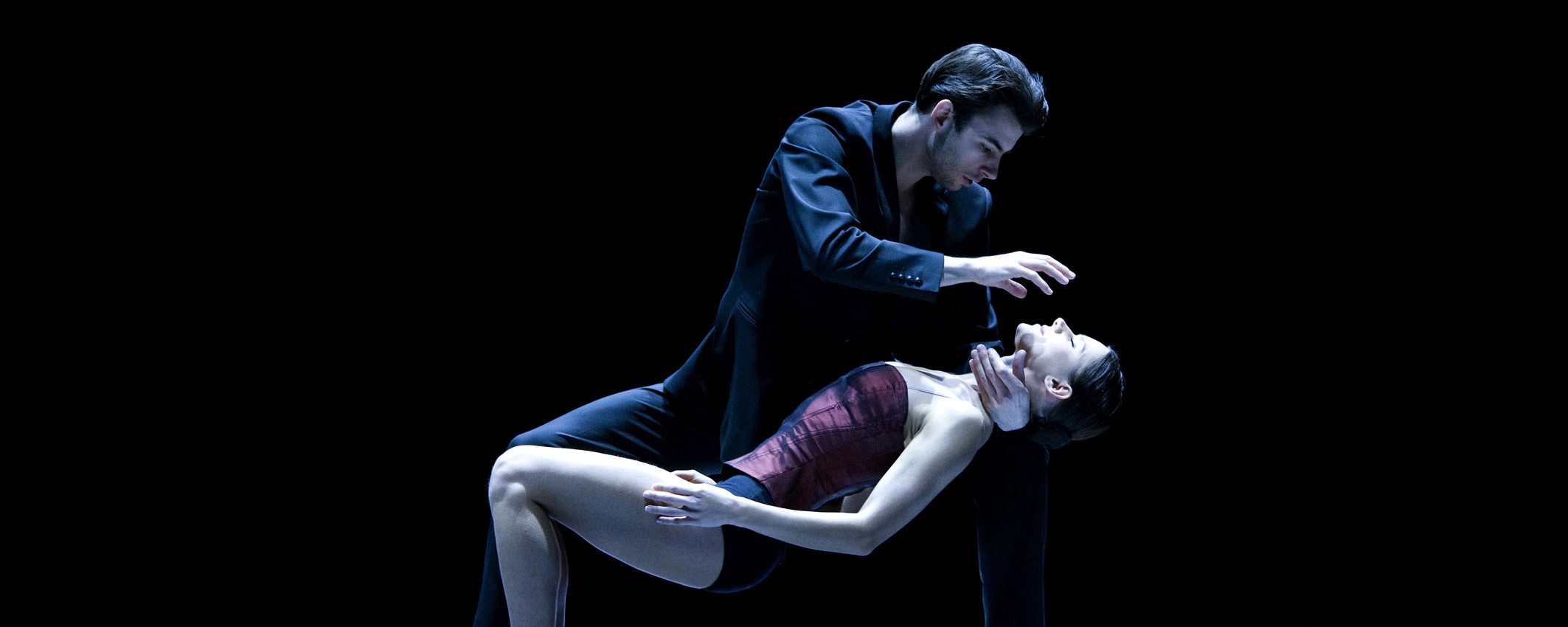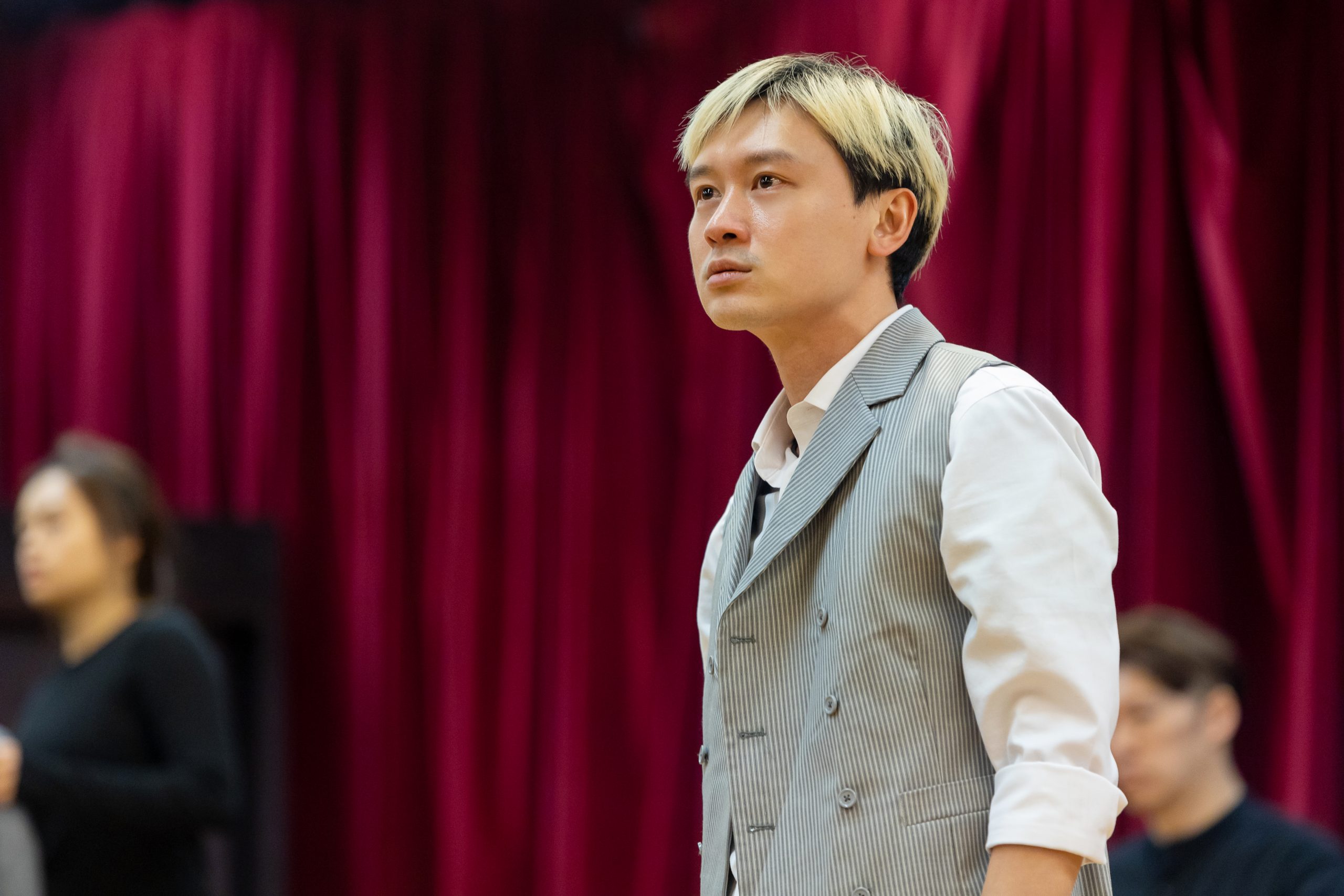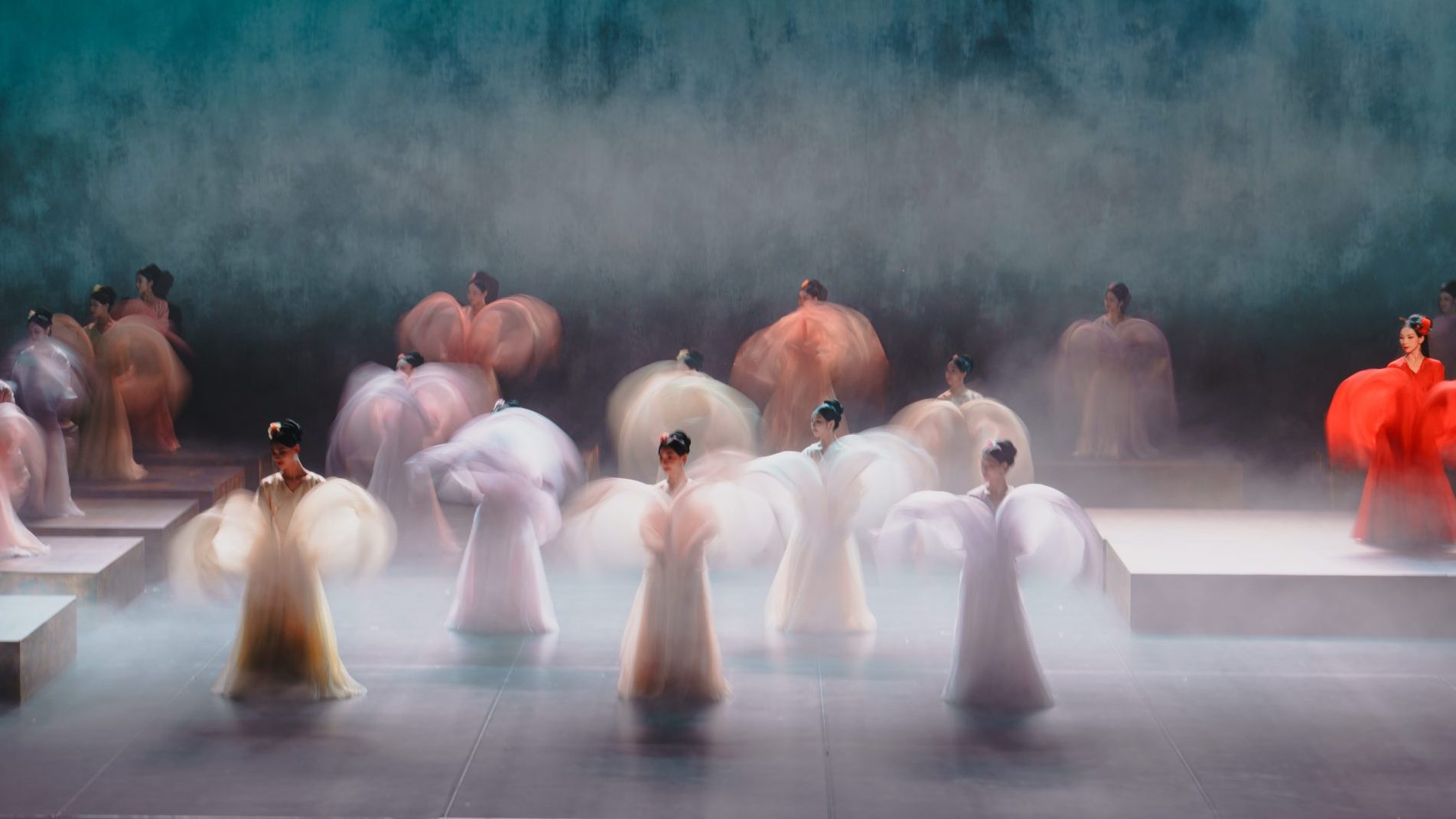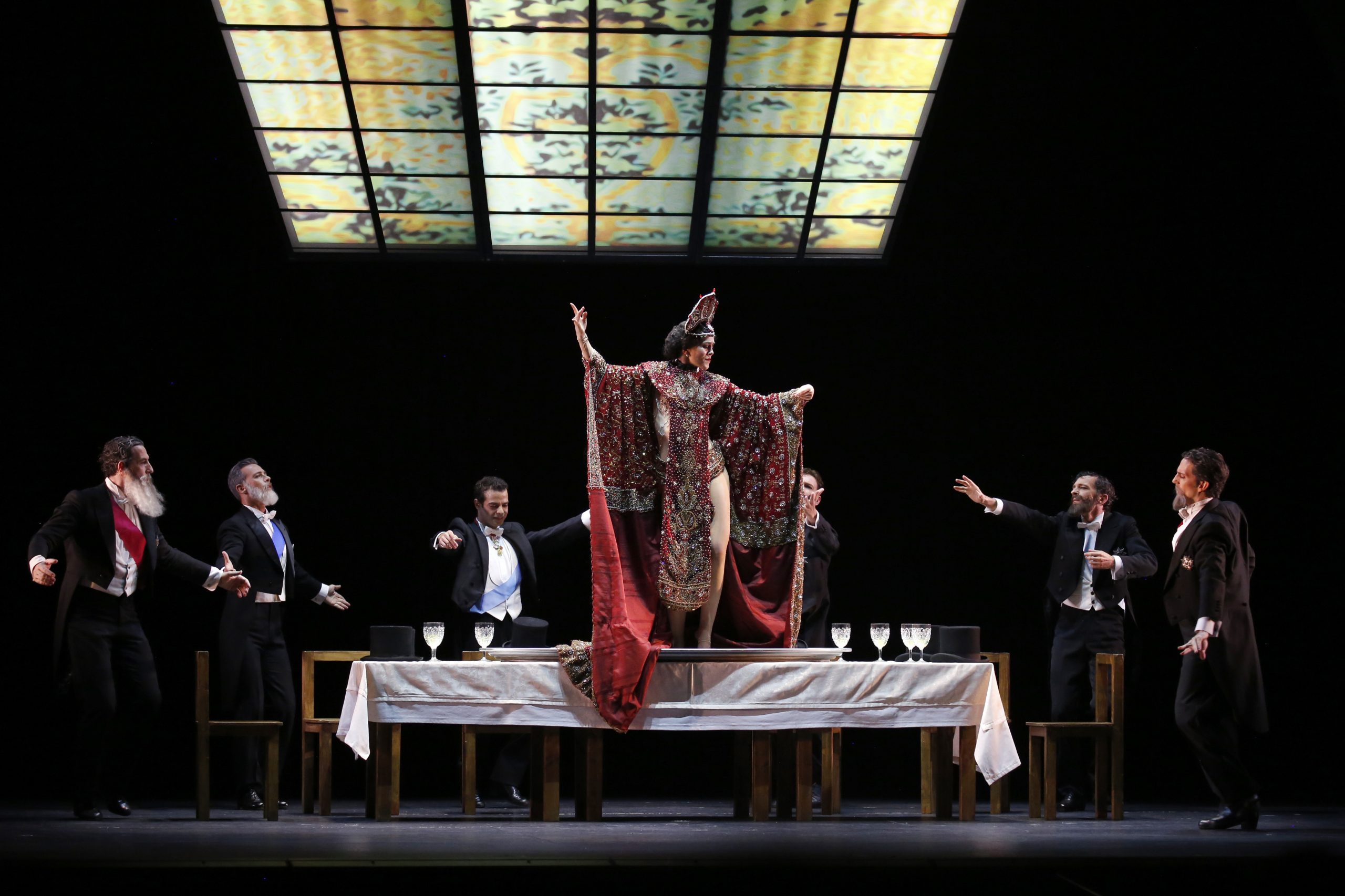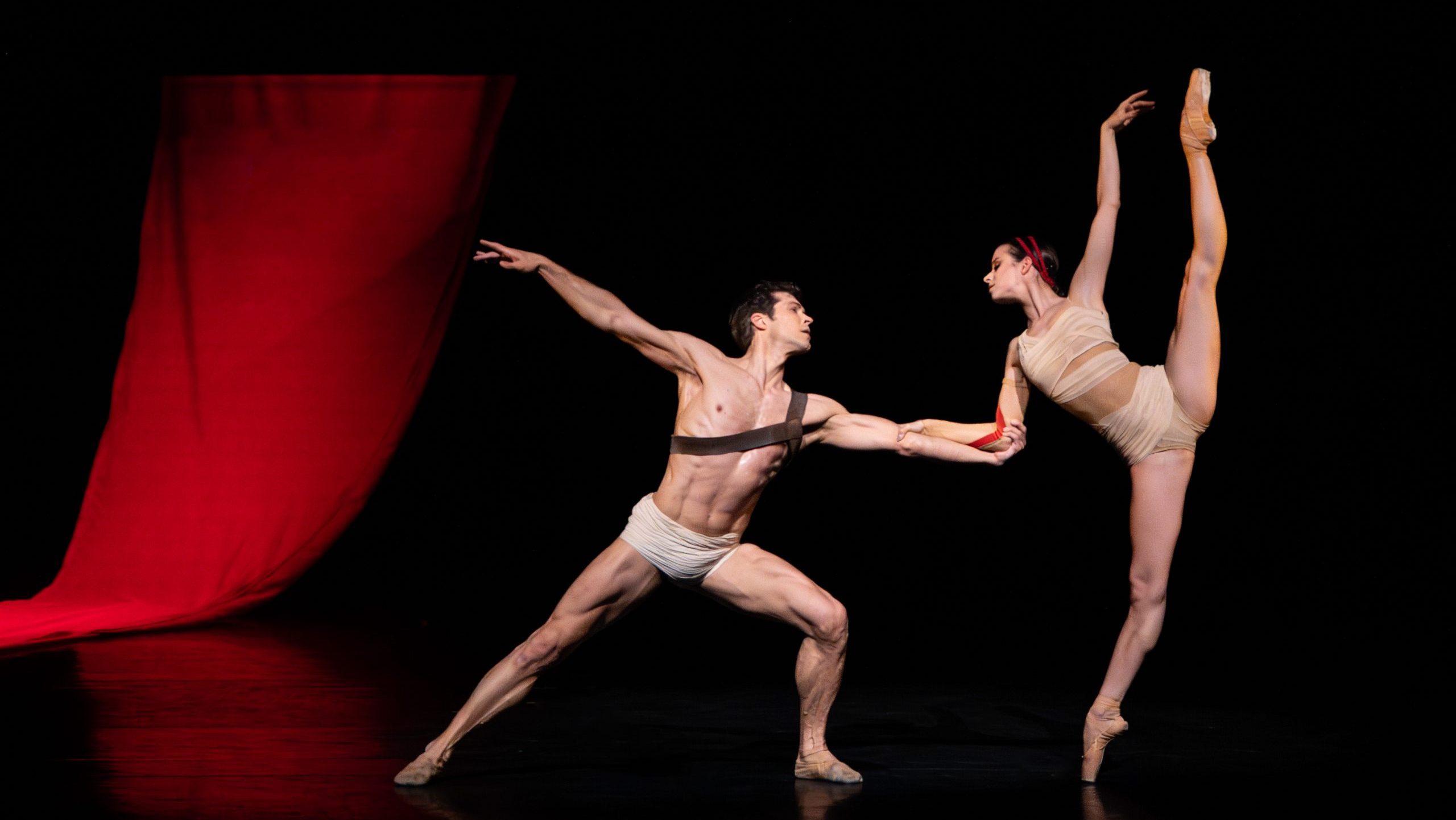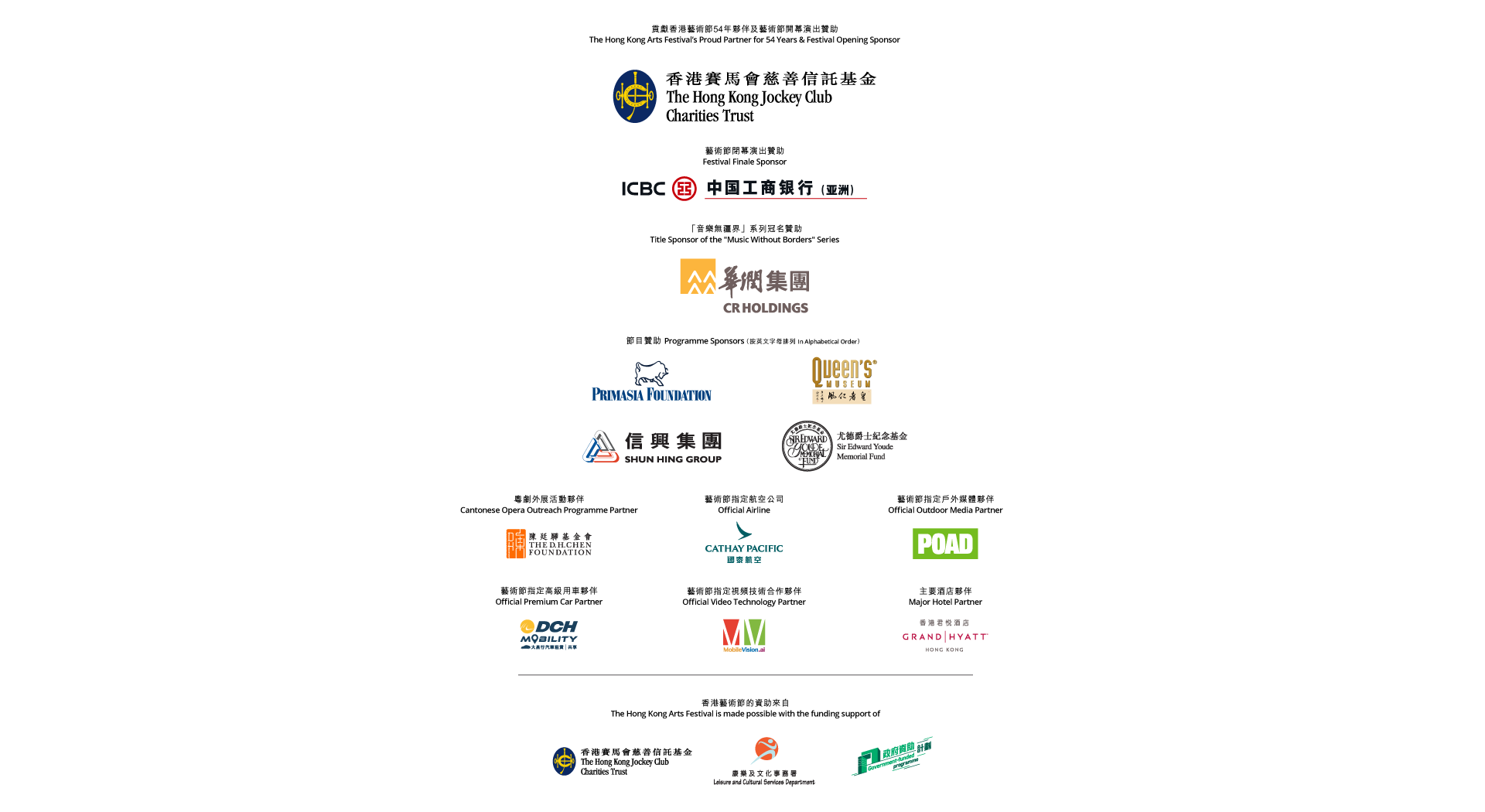Twenty years ago, the Slovene National Theatre in Maribor was a small and relatively insignificant ballet and opera house in the former Yugoslavian state of Slovenia. Now it's an artistic powerhouse on the international dancing map, its name linked to many of the most innovative new ballets produced in recent years and even collaborating with giants such as the Bolshoi Ballet.
And it's mostly thanks to Edward Clug, who was named the theatre's director of ballet in 2003. In his role as Director of Ballet of Slovene National Theatre Maribor, Clug has established himself as one of the most important choreographic voices of his generation, and has led the Ballet Maribor company towards new and distinctive directions with productions such as the international hit Radio & Juliet (based on the music of rock band Radiohead), a unique interpretation of Stravinsky's Sacre du Printemps and his first narrative full-length ballet, Peer Gynt.
Now, these three signature programmes will be coming to the 2023 Hong Kong Arts Festival, representing the company's debut in the city and also serving as another example of "the journey of Maribor Ballet", Clug tells FestMag.

A desire for freedom
Romania-born Clug completed his ballet studies at the national ballet school in Cluj-Napoca in 1991 and, wanting to escape the repressive regime of dictator Nicolae Ceaușescu, he left to join the Slovene National Theatre as a soloist that same year. The talented young dancer quickly made his mark on the company, and within a few years he was commissioned by Ballet Maribor to choreograph his first ballet, Babylon by Tomas Pandur (1996).
"I started with no knowledge [of choreography]," Clug says. "I didn't spend even one single minute in a workshop for contemporary dance. So everything came from my imagination, or even better my instinct. And soon after, I wanted to continue that work for the ballet … this is how I began to choreograph."
And begin to choregraph Clug certainly did, with his innate instinct and talent for the art form leading to his appointment as the company's Artistic Director in 2003, and then two years later, to his first bona fide smash hit, Radio & Juliet—the success of which continues to reverberate today, almost two decades later.
Where art thou Radiohead?
Were there any negative reactions to his use of rock music in a ballet? "No, they were very open to the idea at the theatre. And we got a lot of support because something was happening in our small town. And young people, different kind of audiences, rushed to the theatre to see it. Many were Radiohead fans who had never been to the ballet. So it was almost a phenomenon in town.
"I've always been a fan of Radiohead, but the idea came in phases. First I wanted to create something involving Radiohead, and at the same time I was thinking about Romeo and Juliet. Until that point, I wasn't really interested in following a typical narrative based on a certain theme, and then within a few more years, I was creating work that would make me really proud."

Redefining a controversial classic
Clug is referring to his 2012 version of Le Sacre du Printemps (The Rite of Spring), the controversial ballet and orchestral concert work by Russian composer Igor Stravinsky with original choreography by Vaslav Nijinsky. Famously, the work is said to have almost sparked a riot during its premiere in Paris in 1913, with audience members outraged by its "barbaric" rhythms, dissonance and overall brutality.
"I knew I was entering very delicate territory," Clug says. He says that during the process of creating his version of Le Sacre du Printemps, water fell on the stage—and a lightbulb went off in his head. "It obviously created some difficulties to dance and move on. But there's this particular moment, the beginning of the part titled 'Dance of the Earth', that emphasises that something has to drop from the sky.
"I didn't know why. So we tried with a few buckets of water in the studio and that's how we began. Some people saw our version and then everybody wanted to see it. People ask me, 'Why water?' Well, it's about spring, the phenomenon of cleansing, washing away the winter and cleaning the space for new life, for a new spring. That's beautiful. Washing away death and offering the ritual of rebirth."

Bringing the theatre into the world of dance
And while Clug believes Le Sacre du Printemps a good example of his style—"I am trying to redefine the way a narrative is staged, which means that I look for contemporary solutions that communicate in a more appropriate way with today's audiences"—perhaps an even better example is Peer Gynt (2015), his first narrative full-length ballet.
Written by Henrik Ibsen, celebrated as a founding father of modernism in theatre, the five-act play was first performed in modern-day Oslo in 1876, with original music composed by Edvard Grieg that includes some of today's most recognised classical pieces. Again, Clug knew that a huge challenge lay ahead of him.
"My goal was to stick to Ibsen, but as I knew I would not have his lines or his words, this meant I would have to deal with Grieg," Clug says. "His music was composed especially for the play, so then I went looking for more Grieg. The libretto I eventually composed contains the whole of Grieg's body of work.
"It was a very interesting process for me because Ibsen obviously came up with Peer Gynt, and then in a musical sense, Grieg came up with his own Peer Gynt. In a way, I had to bridge the two of them into a completely different theatre language and come up with my own Peer Gynt. So it was a very delicate process delivering the right amount of both."
Still, Clug says his version of Peer Gynt "is Ibsen, completely". He says: "Some colleagues from the theatre, such as directors, asked me how I come up with these solutions. Because that's my job, to find solutions. I was interested in all these different aspects and colors of this character [Peer Gynt], and the performance is not a statement. I just wanted to deliver the theatre world into a dance environment—it's as simple as that."
Clug's latest triumph is directing Moscow's Bolshoi Ballet in an original dance adaptation of the Soviet-era satire Master and Margarita, and while he personally won't be travelling to Hong Kong with the company for the 2023 HKAF shows, he says Ballet Maribor is honoured to be involved.
"I don't need to say that, but it's the truth. To be participating with three works that really represent the journey of Maribor Ballet is very precious for us."
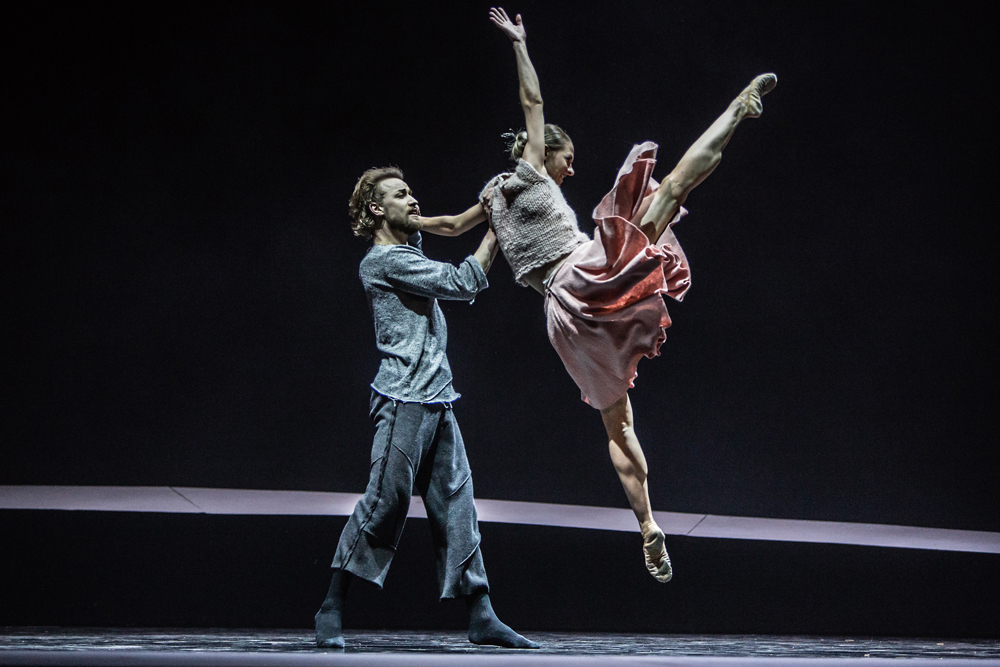
Radio and Juliet & Le Sacre du Printemps (The Rite of Spring)
Detail: https://www.hk.artsfestival.org/en/programme/s_edward_clug_radio
Peer Gynt
Detail: https://www.hk.artsfestival.org/en/programme/s_edward_clug_peer_gynt


